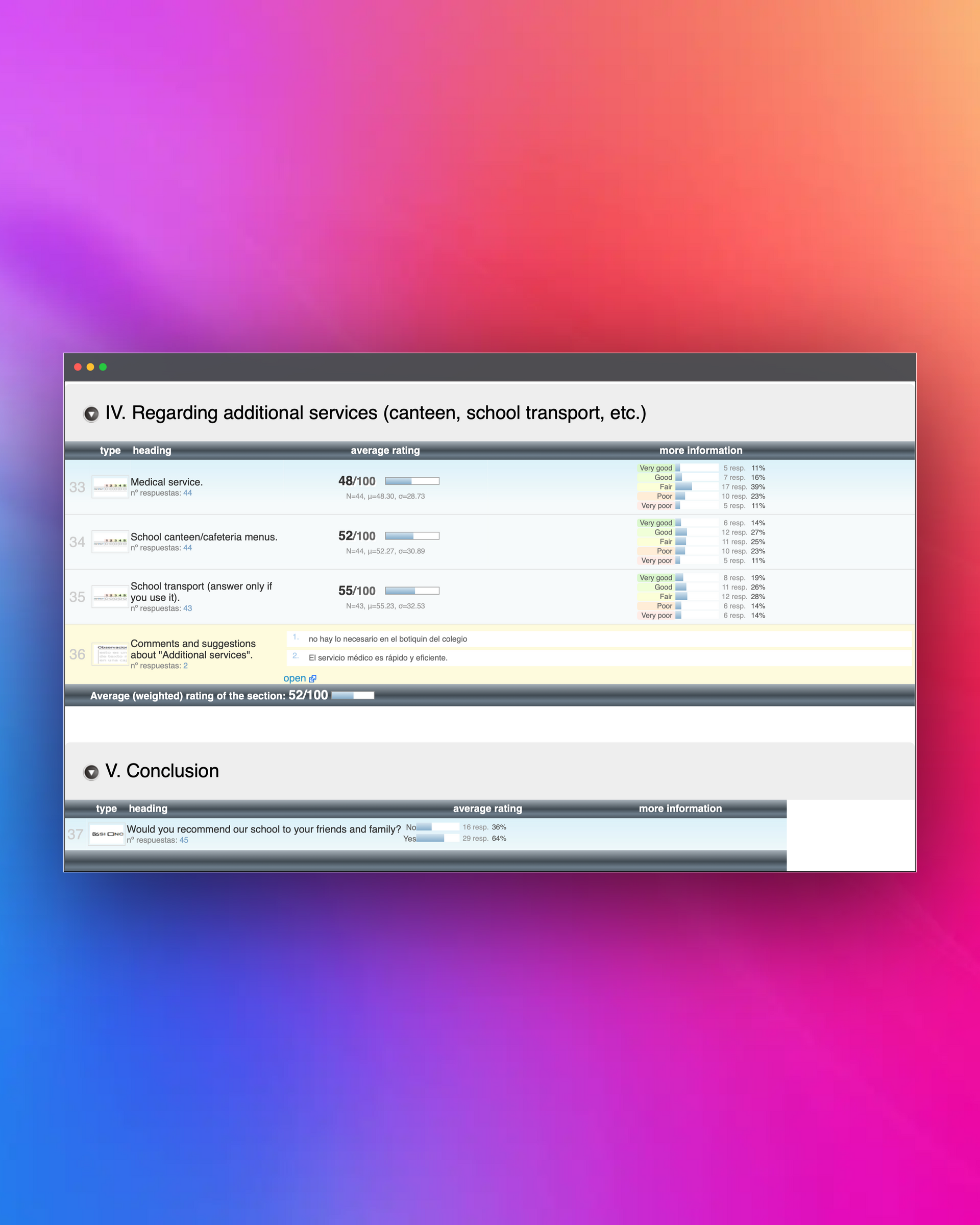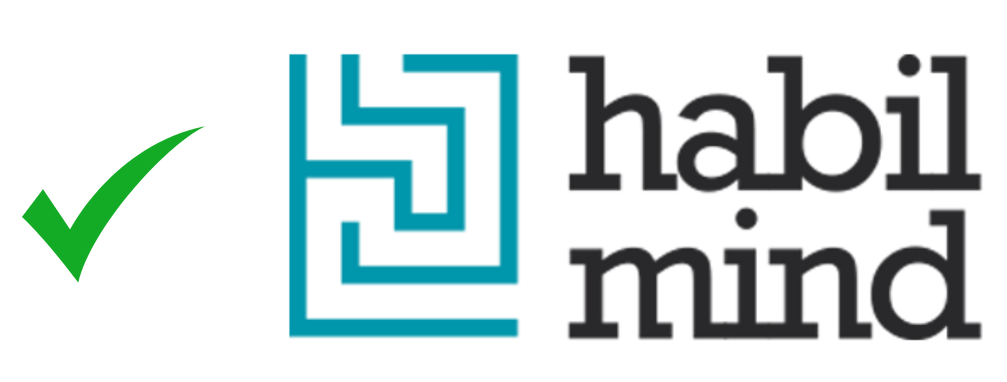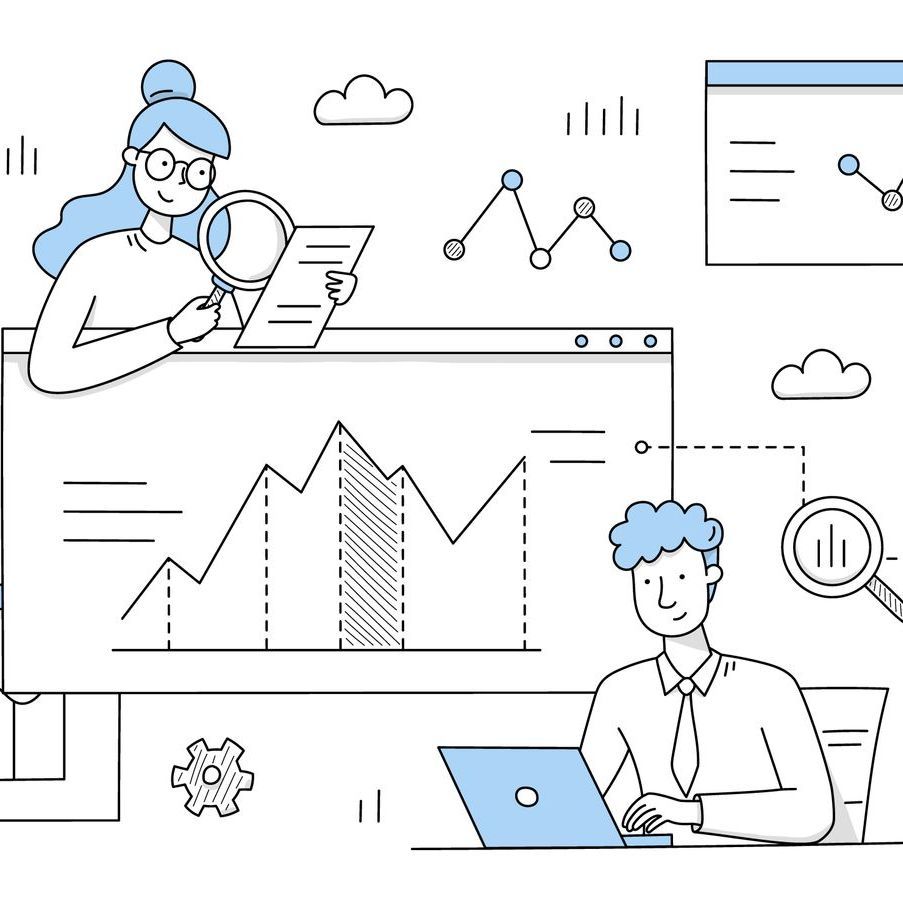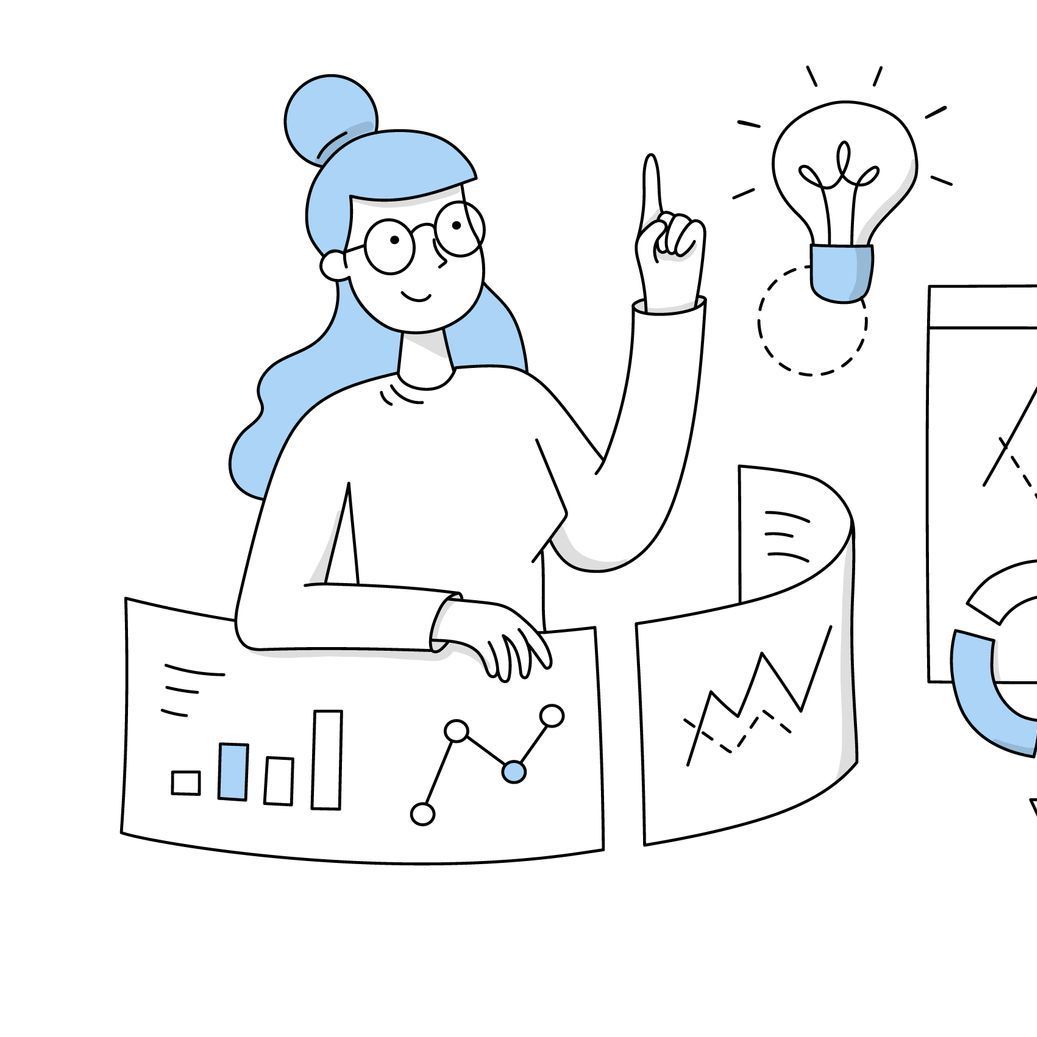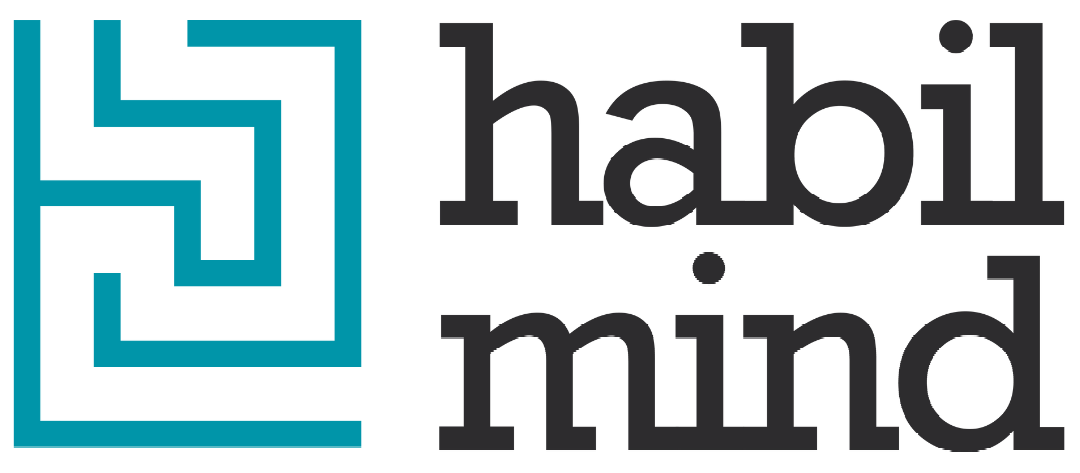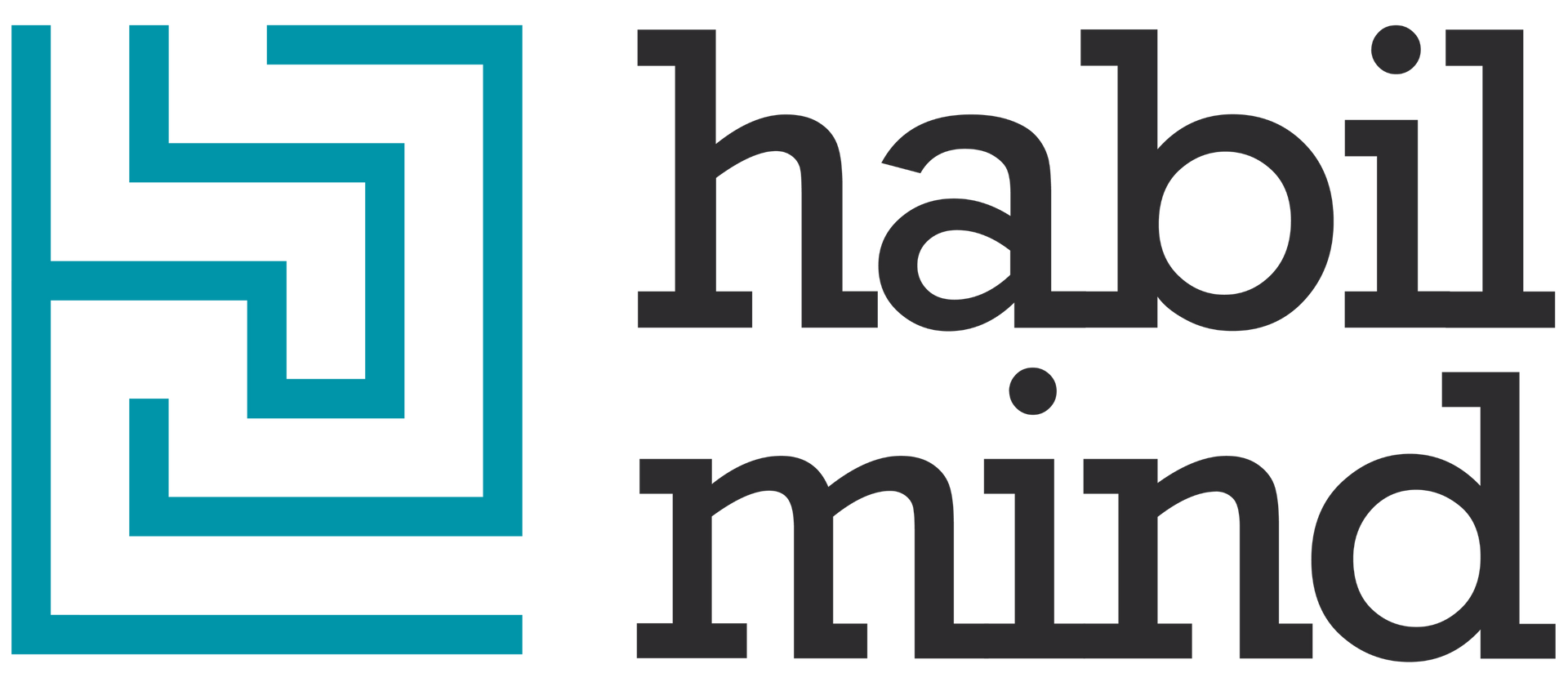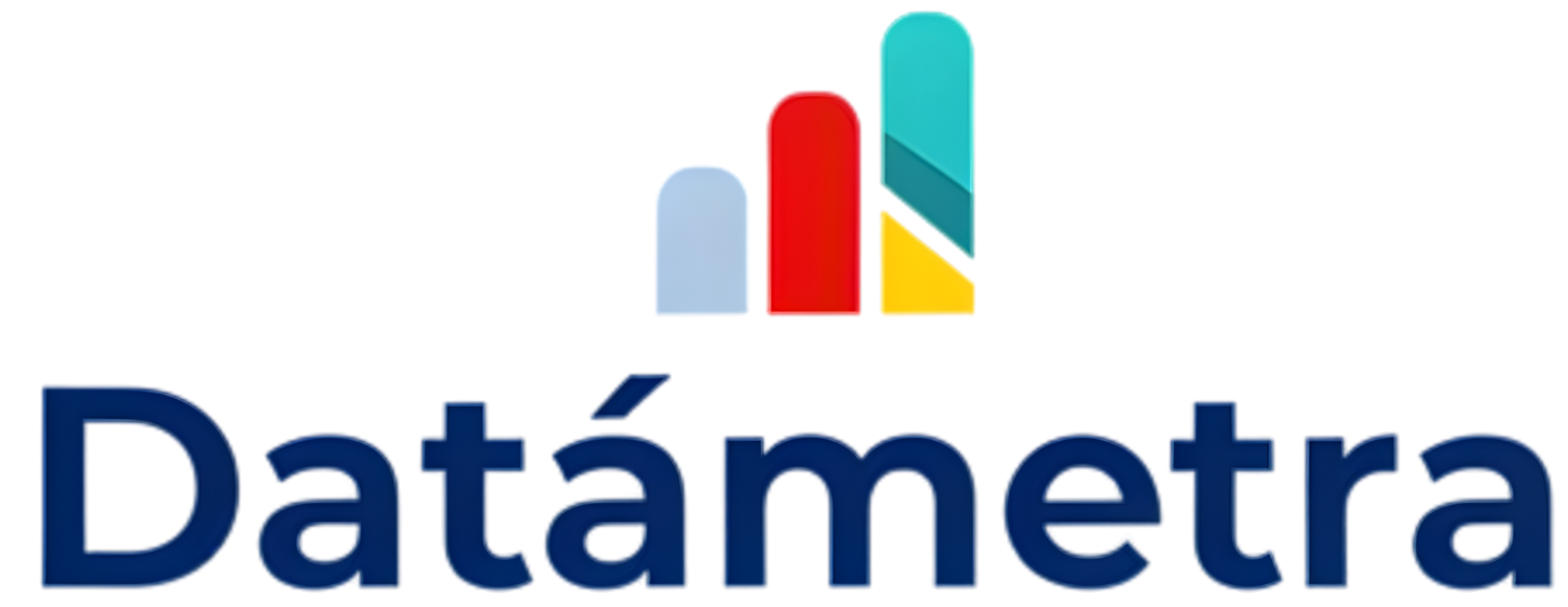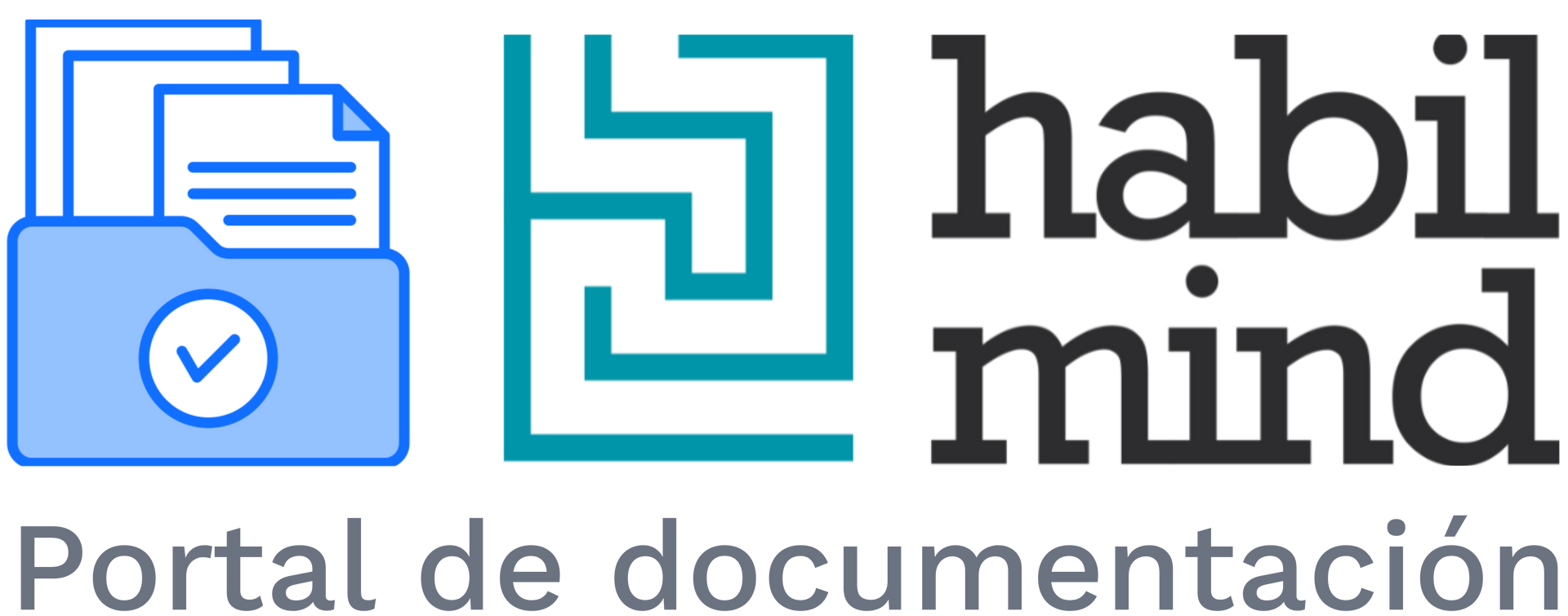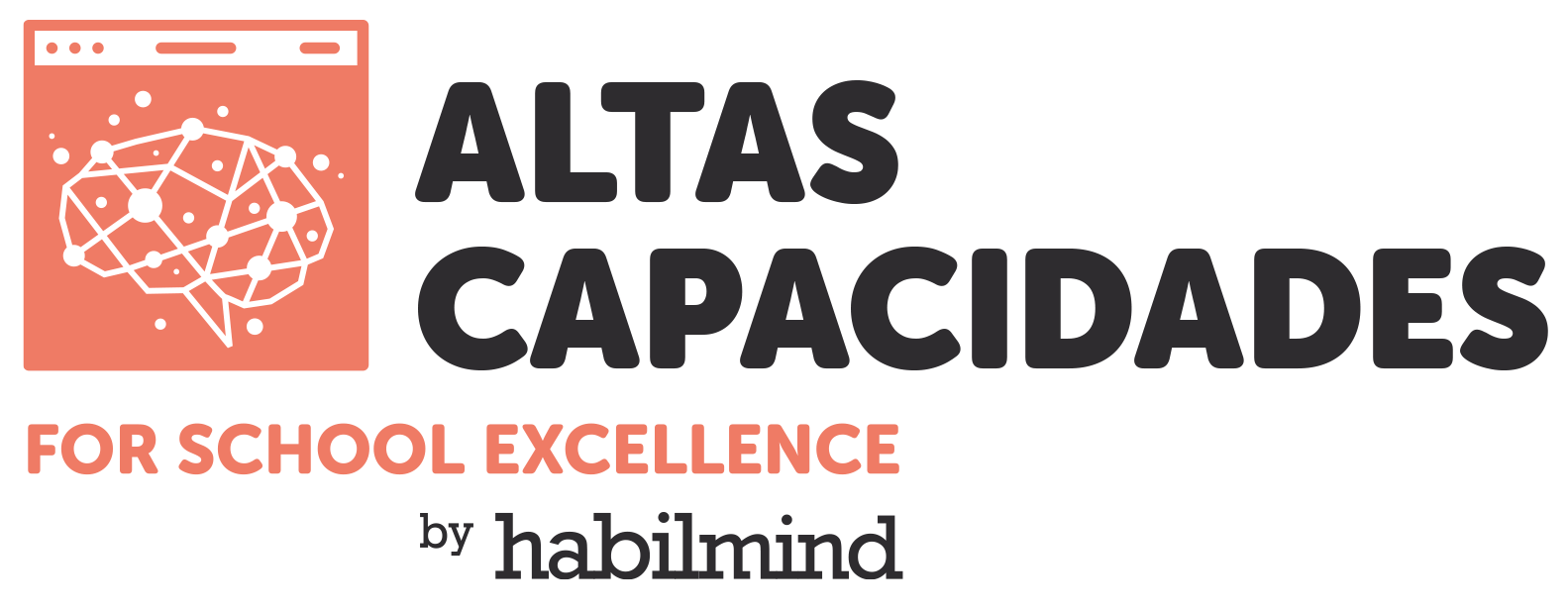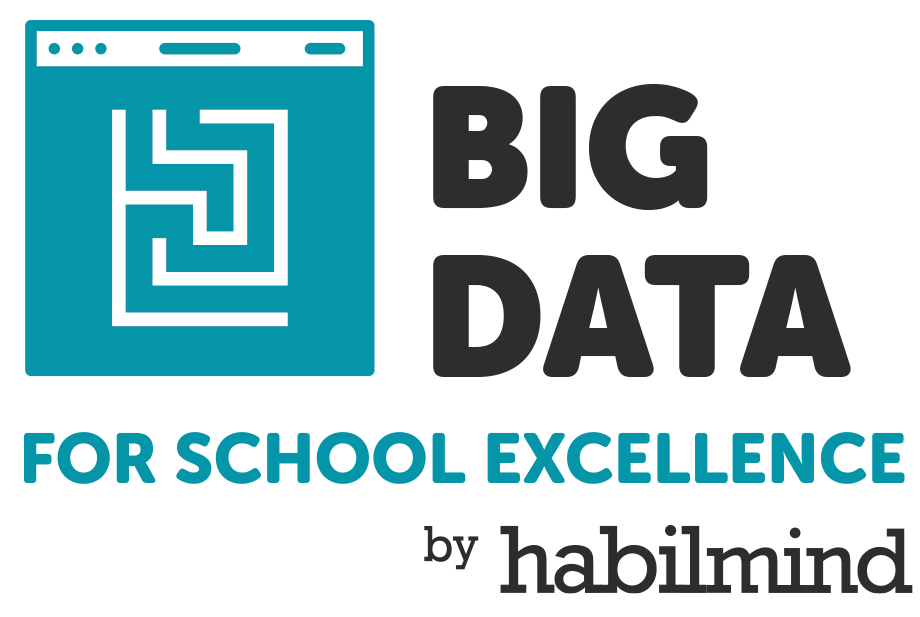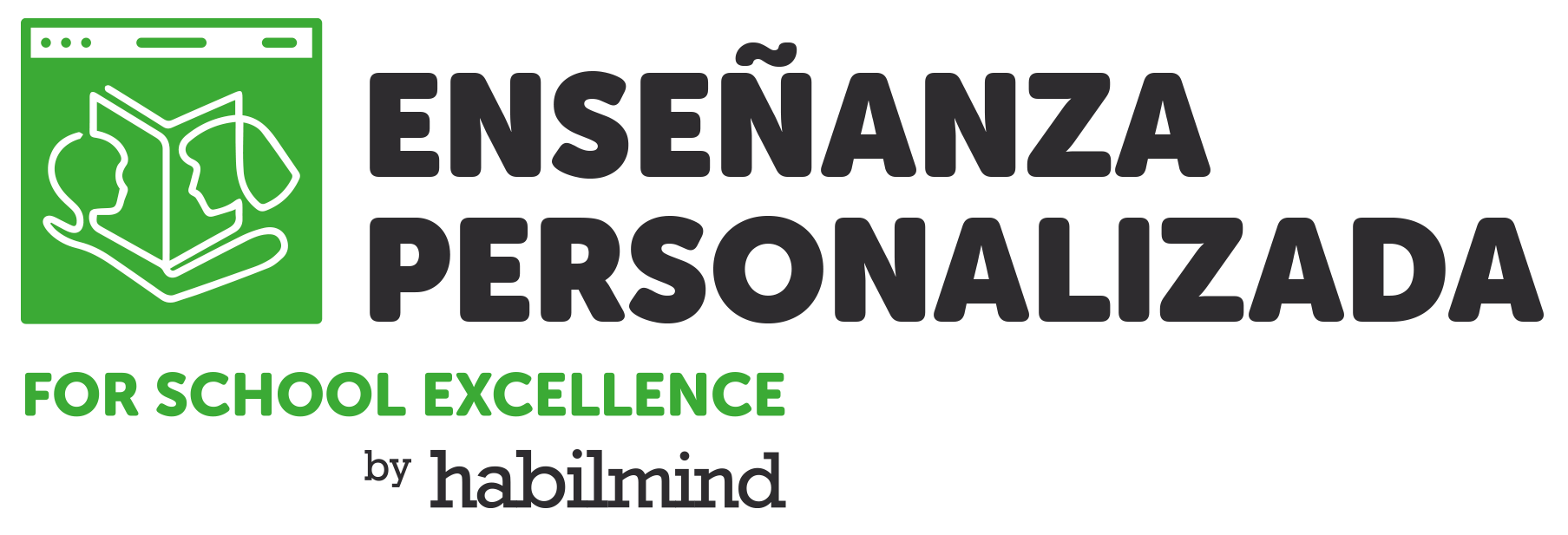Habilmind > Related to Family Engagement and Satisfaction > Student Satisfaction Survey
Datámetra: Student Satisfaction
A standardised survey designed to gather students' opinions on various aspects of the school, enabling the implementation of improvements based on their feedback.
ℹ️ Application: Individual self-assessment.
🕓 Duration: 10–15 minutes.
✅ Applicable age: Students aged 6 and above.
✍🏼
Authors: EIM and Habilmind R&D&I Team.
What does your school obtain from this tool?
01
Obtain
Accurate information.
02
Understand
The opinions of the school’s main users.
03
Develop
Necessary improvement actions.
04
Enhance
Student participation.
05
Assess the impact
Through the re-administration of the tool.
Problems you prevent (or mitigate) when using the Student Satisfaction Survey
1. Increases student voice and participation, ensuring their opinions and needs are considered in educational decision-making.
2. Identifies specific areas for improvement in the school experience, promoting a more effective and satisfying learning environment.
3. Prevents school dropout by directly addressing students’ concerns and challenges, fostering their engagement and retention.
4. Drives the development of policies and programmes more aligned with students’ real expectations and needs, enhancing their well-being and academic performance.
On which platforms of the Habilmind Ecosystem
is this tool available?
Useful Links
Infographic: Key Application Guidelines
Datámetra evaluates, compares your school, and provides expert recommendations. It complies with the management model recommendations of ISO and EFQM for educational institutions. Read more
Why is it important to evaluate the teaching staff?
Teachers are the driving force behind educational transformation and need opportunities for professional growth. Read more
Check prices and benefits instantly
Use the “Prices” button to view the available plans and choose the one that best suits your school.
Free trials are available for schools, colleges, institutes, universities, clinical psychologists, and researchers.







